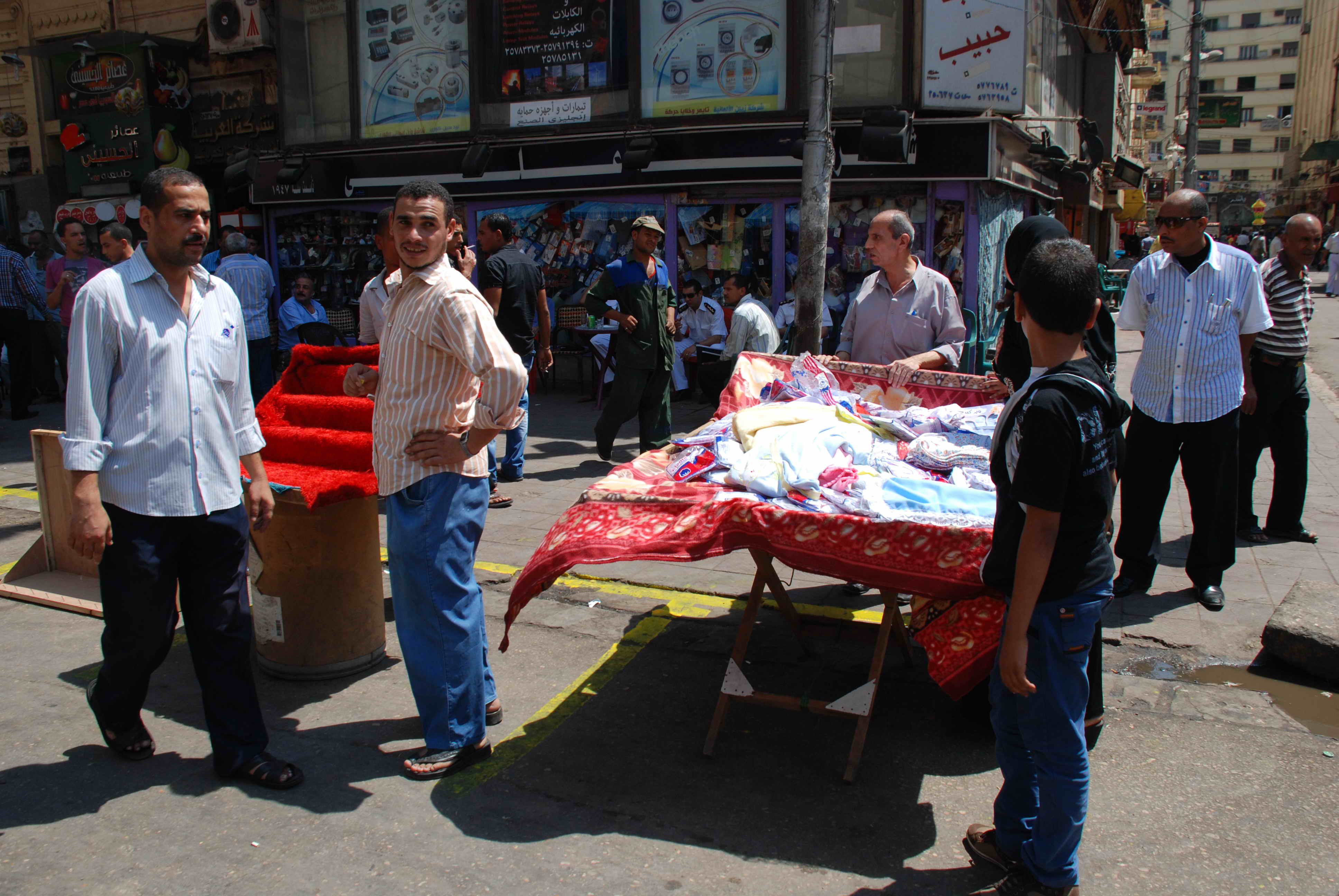Sun illuminates face of Ramses II as Aswan’s tourism season peaks
Dubbed the sun festival, the illumination of Ramses II was at 6:20am…
About 25 killed, 40 injured in Ramsis Railway Station’s huge fire
Prime Minister accepts resignation of transportation minister, allocates compensations for victims
In Pictures: Street vendors removed from Ramsis Square
Security forces removed street vendors from Ramsis Square early Sunday, deploying armed…
Street vendors removed from Ramsis Square
Eyewitness cited struggle between vendors and security forces
68 protesters fined EGP 50,000 each in 25 January anniversary trial
Protesters acquitted of Protest Law crimes subject to imprisonment
Court adjourns trial of 68 defendants in revolution anniversary protests case
Judge said next session will continue to hear defence argument, asks for…
12 minors acquitted of charges among 25 January anniversary detainees
68 others await trial on Tuesday
Prosecution appeals Ramsis bathhouse verdict
Defendants were charged with participating and organising same-sex “orgies”
‘Al-Fatah Mosque clashes’ trial adjourned
Defendants were “unable to attend” the trial, say state media
In Pictures: Clashes ensue on Ramsis street
Clashes ensued on Ramsis street after Muslim brotherhood supporters congregated at Al-Fatah…








